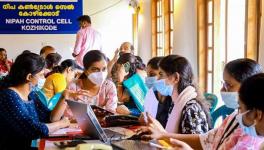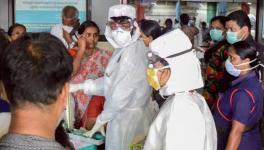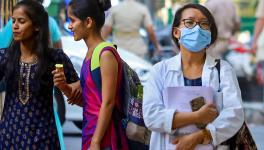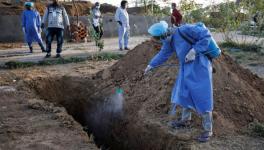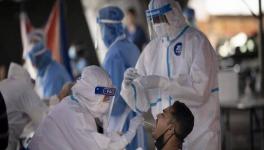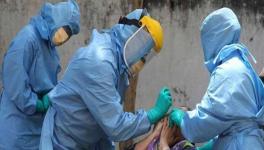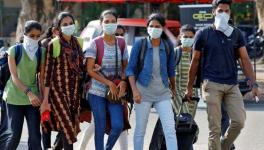ICMR Asked Researchers to Expunge Data on COVID-19 Prevalence in Hotspots: Report
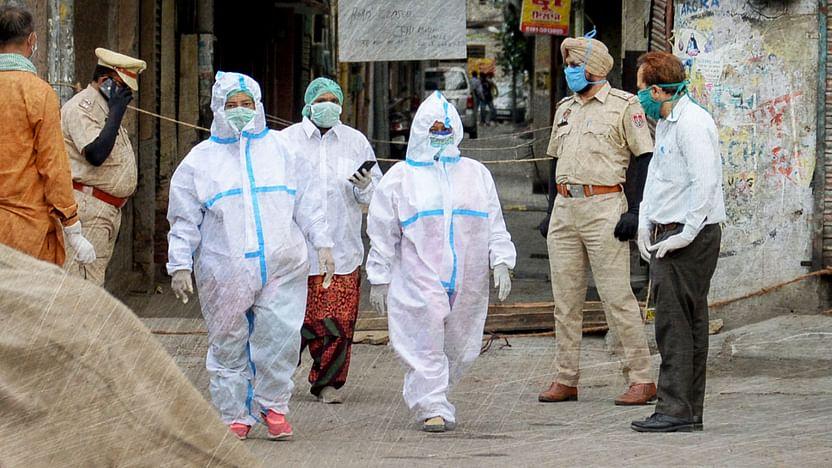
In what is being seen as an attempt to suppress information about the severity of the COVID-19 spread in the country, head of Indian Council of Medical Research (ICMR), Balram Bhargava, had asked researchers of a paper to remove the infection prevalence data from 10 cities’ hotspots they had included in their paper, reported The Telegraph. As a result, the researchers expunged from the scientific paper the prevalence rates of infection in containment zones estimated through a nationwide survey, said the daily attributing the claim to “authoritative sources”.
Bhargava, director-general of ICMR and Health Research Department secretary—who himself was also a co-author of the paper in question—told the researchers that the council did not have approval to publish the findings from the hotspots, the sources told The Telegraph. However, he did not specify the reason behind the disapproval.
The newspaper report claimed to have spoken to seven of the 74 co-authors. Four of them spoke on the condition of anonymity while three spoke on record. “We were told: remove the hotspots data or don’t publish,” one co-author was quoted as saying. Two other co-authors corroborated this account, according to The Telegraph report.
The survey, conducted by ICMR and collaborating institutions between May 11 and June 4, sought to estimate infection prevalence rates in early May and concluded after the reported expunction: “Seroprevalence of SARS-CoV-2 was low among the adult population in India around the beginning of May 2020. Further national and local serosurveys are recommended to better inform the public health strategy for containment and mitigation of the epidemic in various parts of the country.”
However, under Bhargava’s directive, the researchers omitted from their paper the relatively high prevalence rates found in the hotspots — for instance, 36% in Dharavi, Mumbai; 48% in Ahmedabad; 30%t in Calcutta, said The Telegraph.
The daily added, “The order blocking public disclosure of the high prevalence rates in the hotspots has raised concerns among experts about extraneous influences on science and a breach of research ethics by the council, the very agency tasked with writing medical ethics codes for India.”
In this backdrop, Amar Jesani, a physician and editor of the Indian Journal of Medical Ethics, was quoted as saying: “Keeping selective data out of the results distorts the paper’s analysis — this is a violation of research integrity.”
Jesani and others reportedly said that collecting blood samples from volunteers after informed consent and then failing to publish the results, too, represents a violation of ethics.
“These 5,000 people would have volunteered to give their blood samples because they believed the analysis would benefit science or society. Eliminating their data without good reason is troubling,” Jesani added.
Read the full report here.
Also read: Poverty and the Pandemic are Fuelling ‘Trade’ in Children
Get the latest reports & analysis with people's perspective on Protests, movements & deep analytical videos, discussions of the current affairs in your Telegram app. Subscribe to NewsClick's Telegram channel & get Real-Time updates on stories, as they get published on our website.










